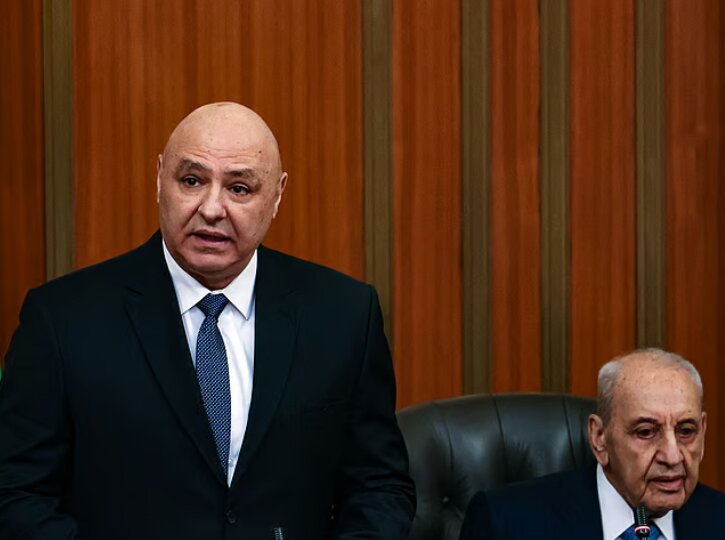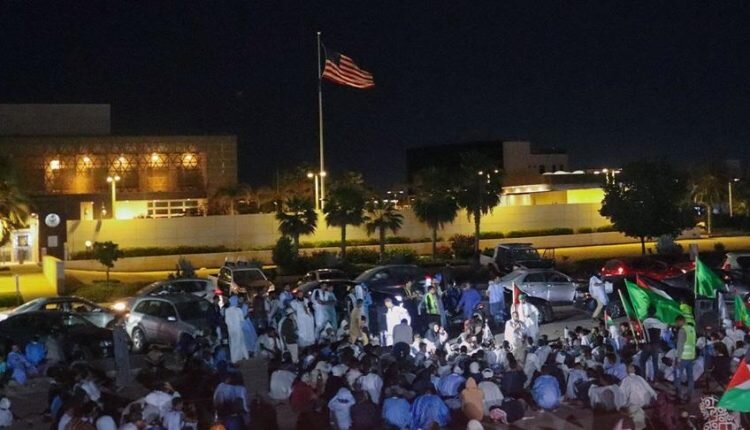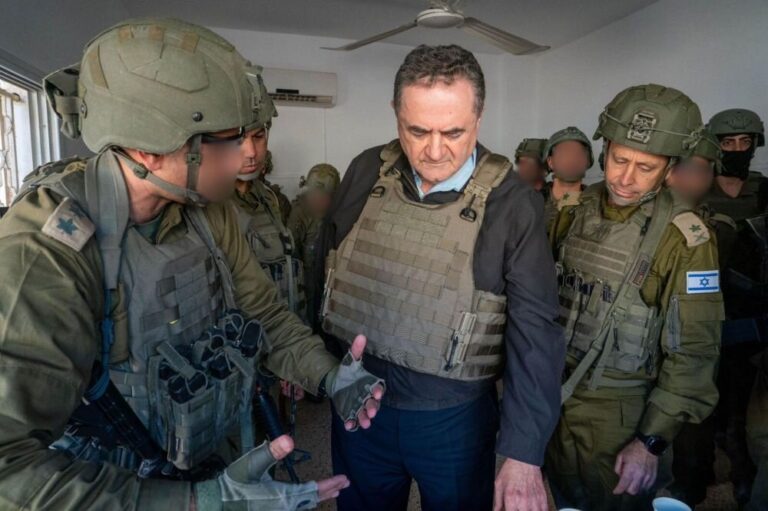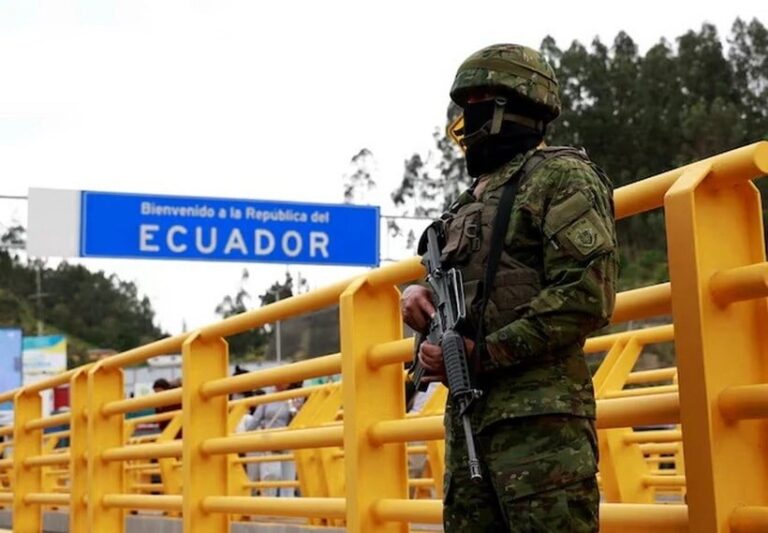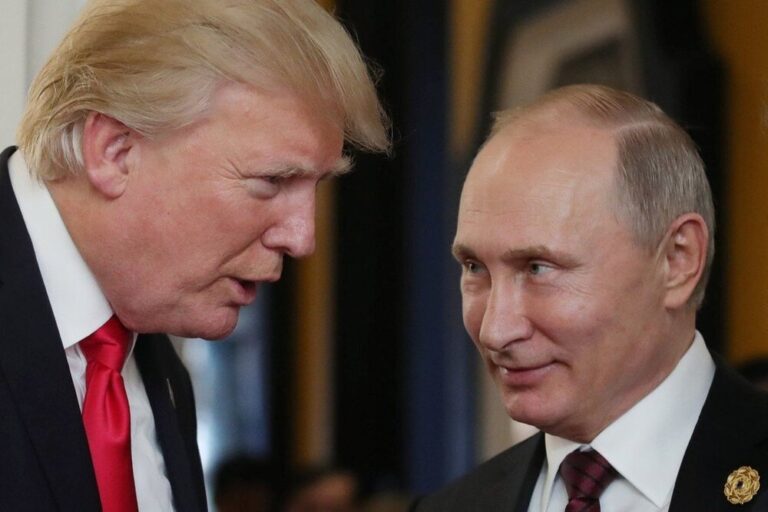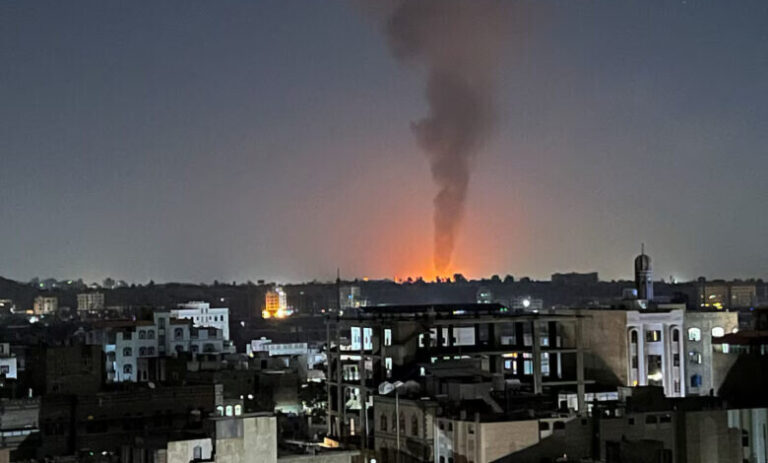Aoun Urges Cautious Approach to Sensitive Issues in Lebanon
In a significant development regarding Lebanon’s political landscape, President Joseph Aoun has articulated his stance on the sensitive issue of disarming Hezbollah amidst ongoing Israeli air strikes. This statement comes as tensions rise following a violation of the November ceasefire, highlighting the complex dynamics in the region.
During a recent press conference, following an Easter meeting with a Maronite patriarch, President Aoun emphasized the delicate nature of the disarmament issue. He remarked that addressing such a controversial topic requires careful consideration to maintain national peace. “Any controversial domestic issue in Lebanon can only be approached through conciliatory, nonconfrontational dialogue and communication. If not, we will lead Lebanon to ruin,” Aoun stated.
These remarks underscore the challenges Lebanon faces as it navigates internal and external pressures. The former army chief’s approach reflects a commitment to dialogue rather than confrontation, which he believes is essential for the country’s stability.
The backdrop of this situation includes ongoing pressure from the Trump administration, which has been advocating for Hezbollah’s disarmament. This has led to a significant announcement from Aoun, who indicated a tentative timeline for disarmament. Last week, he expressed hope that the disarmament process could be completed by the end of 2025, marking the first time a senior Lebanese official has proposed a deadline for this contentious topic.
- President Joseph Aoun’s Position: He will not rush to disarm Hezbollah under current unfavorable circumstances.
- Ongoing Israeli Air Strikes: The air strikes have raised significant concerns about the stability in Lebanon.
- Importance of Dialogue: Aoun stresses the need for conciliatory dialogue to address domestic issues.
- Pressure from the Trump Administration: There is sustained pressure on Lebanon to disarm Hezbollah.
- Proposed Timeline: Aoun hopes to complete the disarmament process by the end of 2025.
This announcement is particularly noteworthy as it highlights the precarious balance Lebanon must maintain in addressing both internal factions and external pressures. The disarmament of Hezbollah is not just a political issue; it is intricately linked to the nation’s security and stability.
The implications of Aoun’s statements extend beyond Lebanon’s borders, as regional and international stakeholders closely monitor the situation. Aoun’s emphasis on dialogue suggests a strategic approach to navigating the complexities of regional politics, particularly as tensions with Israel continue to simmer.
As the situation evolves, it will be crucial for Lebanon to maintain a focus on dialogue and unity. The potential for conflict looms large, and Aoun’s commitment to nonconfrontational strategies may be vital for preventing further escalation.
In conclusion, President Joseph Aoun’s recent comments reflect the delicate balance of power in Lebanon. His commitment to a peaceful resolution regarding Hezbollah’s disarmament signifies a cautious approach to a deeply polarizing issue. As Lebanon faces external pressures and internal challenges, the emphasis on dialogue will be essential in navigating this complex political landscape.
The coming months will be critical as Lebanon strives to uphold its sovereignty while addressing the calls for disarmament and the ongoing threat of violence. President Aoun’s leadership will be pivotal in shaping the future of Lebanon as it seeks to find a path toward stability and peace.
